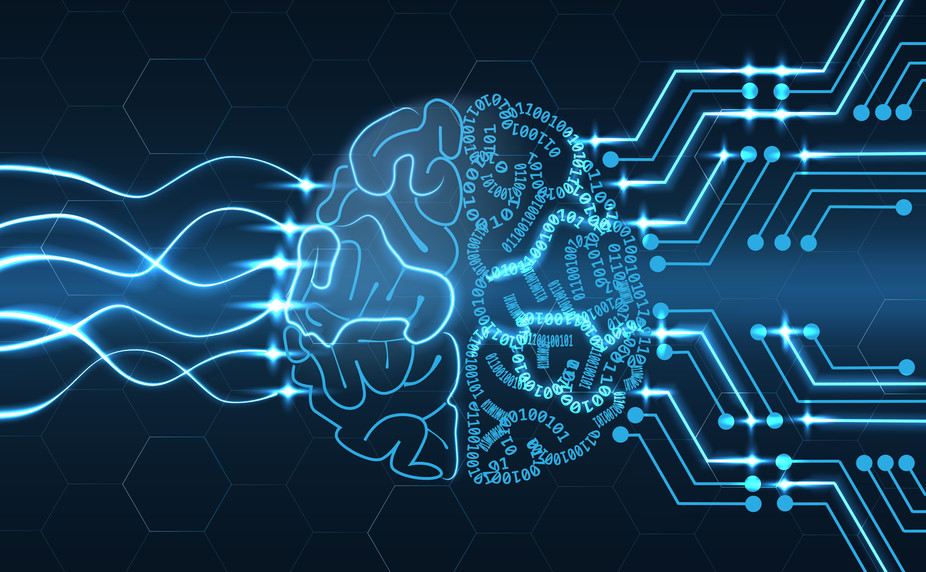
The jobs most susceptible to AI takeover fall into a few key categories:
1. Repetitive and Rule-Based Tasks: Jobs requiring repetitive data entry, manual calculations, or predictable decision-making are prime candidates for automation. AI algorithms can excel in these areas, completing tasks faster and with greater accuracy. Examples include data entry clerks, loan processors, and assembly line workers.
2. Administrative and Customer Service Roles: AI-powered chatbots are already replacing human agents in call centres and customer service departments. These bots can handle routine inquiries and provide basic support, reducing the need for human employees.
3. Data Analysis and Interpretation: AI algorithms can analyze vast datasets and uncover trends that would be impossible for humans to identify. This can lead to job losses for data analysts, financial analysts, and other professionals whose work involves large-scale data analysis.
4. Transportation and Logistics: Self-driving cars and trucks threaten to disrupt the trucking and taxi industries, potentially leading to significant job losses for drivers. Additionally, AI-powered logistics systems can automate tasks currently performed by warehouse workers and delivery personnel.
5. Manufacturing and Production: Robots and AI-powered systems are increasingly being used in manufacturing, replacing human workers in tasks like assembly, welding, and painting. This trend is likely to continue, especially in industries with high-volume production.
6. Creative Fields: While many initially believed AI wouldn't touch creative fields, recent advancements show otherwise. AI is now capable of writing articles, generating music, and even designing graphics, posing a potential threat to writers, artists, and designers.
The impact of AI on employment will undoubtedly be significant, but it's not solely a bleak picture. While some jobs will be lost, new opportunities will also arise. The skills required to work alongside and manage AI systems will be in high demand. Additionally, AI could free up human workers to focus on more creative and strategic tasks.
To navigate this transition effectively, proactive measures are crucial. Governments, businesses, and individuals must work together to:
Ultimately, the future of work will depend on our ability to prepare for and manage the impact of AI. By embracing the opportunities and mitigating the challenges, we can harness the power of AI to create a more prosperous and equitable future for all.

 🕑 03 May, 2024 12:32 PM
🕑 03 May, 2024 12:32 PM
Finance Ministry notifies LIC’s 17% wage revision
 🕑 03 May, 2024 10:04 AM
🕑 03 May, 2024 10:04 AM
Validity of CGHS empanelled Health Care Organizations (HCO’s) extended
 🕑 29 Apr, 2024 09:55 PM
🕑 29 Apr, 2024 09:55 PM
DoPT Clarification on increase in allowances by 25%
 🕑 24 Apr, 2024 09:17 AM
🕑 24 Apr, 2024 09:17 AM
DoPT forwards 8th Pay Commission demand by IRTSA forwarded to Fin Min
 🕑 23 Apr, 2024 10:01 AM
🕑 23 Apr, 2024 10:01 AM
CGDA: Revision of rates of Allowances with DA rates increased to 50%
 🕑 22 Apr, 2024 12:59 PM
🕑 22 Apr, 2024 12:59 PM
CBDT: on DoPT order on regularization of Casual Workers
 🕑 21 Apr, 2024 09:54 PM
🕑 21 Apr, 2024 09:54 PM
DoPT Consolidated Instructions on SC, ST, OBC, PwD & EWS reservation
 🕑 18 Apr, 2024 11:51 AM
🕑 18 Apr, 2024 11:51 AM
Timeline extended for CGHS Beneficiary ID - ABHA ID linking
 🕑 10 Apr, 2024 08:35 AM
🕑 10 Apr, 2024 08:35 AM
Kendriya Vidyalaya Sangathan Admission Guidelines 2024-2025
 🕑 05 Apr, 2024 01:23 PM
🕑 05 Apr, 2024 01:23 PM
Kendriya Vidyalaya Balvatika Admission Schedule - 2024-25
 🕑 02 Apr, 2024 09:25 AM
🕑 02 Apr, 2024 09:25 AM
Kendriya Vidyalaya Admissions Open for 2024-25: Key Dates & Appln Process
 🕑 01 Apr, 2024 09:23 AM
🕑 01 Apr, 2024 09:23 AM
Kendriya Vidyalaya (KV) schools where Balvatika is functioning
 🕑 14 Mar, 2024 02:07 PM
🕑 14 Mar, 2024 02:07 PM
Govt bans 18 vulgar 18 OTT. See the list here
 🕑 08 Mar, 2024 01:49 PM
🕑 08 Mar, 2024 01:49 PM
Pension Scheme Gains Traction Across States, Despite Central Hurdles
 🕑 20 Feb, 2024 11:17 PM
🕑 20 Feb, 2024 11:17 PM
CGHS rate for general surgery applicable from February 1, 2024
 🕑 08 Feb, 2024 10:19 AM
🕑 08 Feb, 2024 10:19 AM
No loan interst change as RBI maintains repo rate at 6.50% for the 6th time